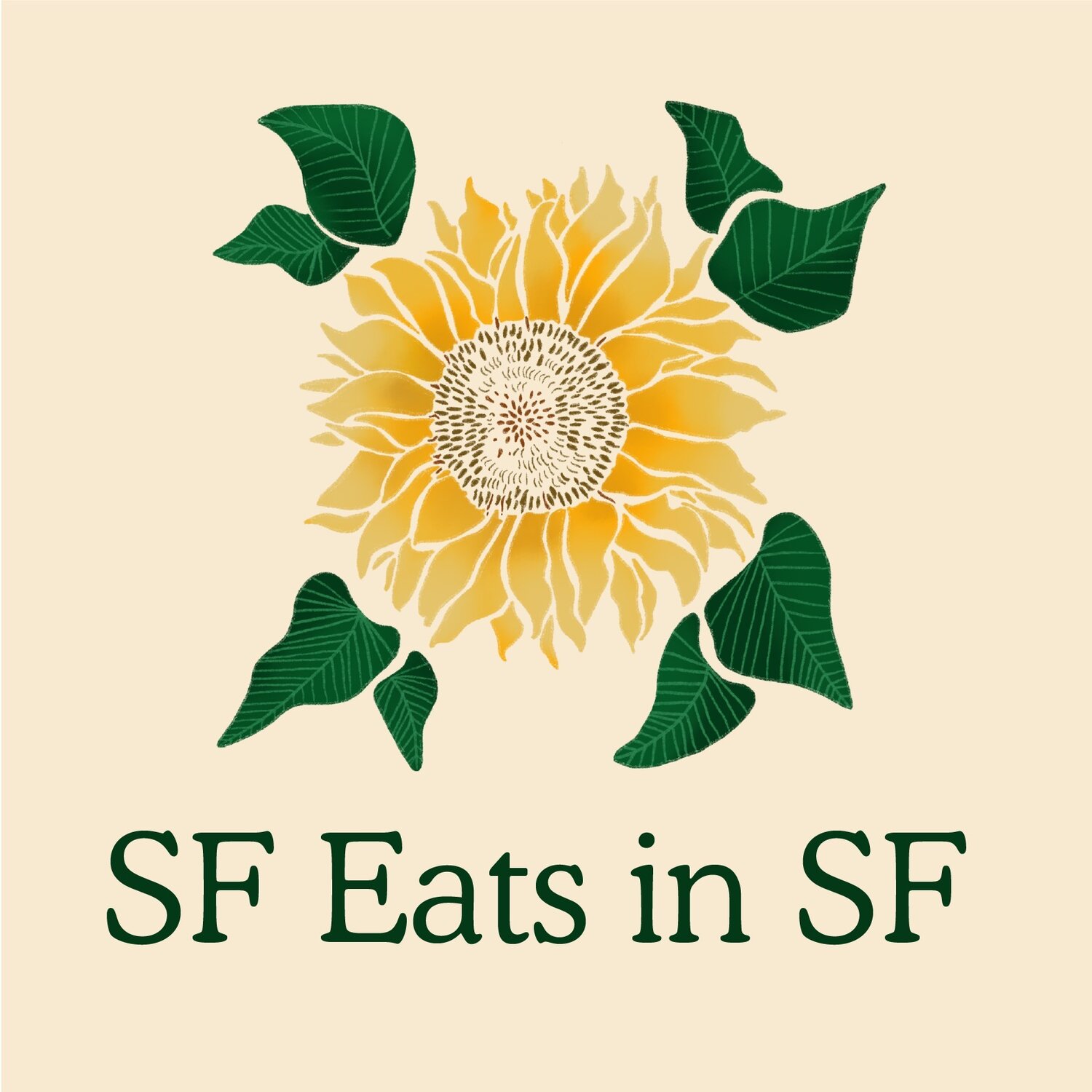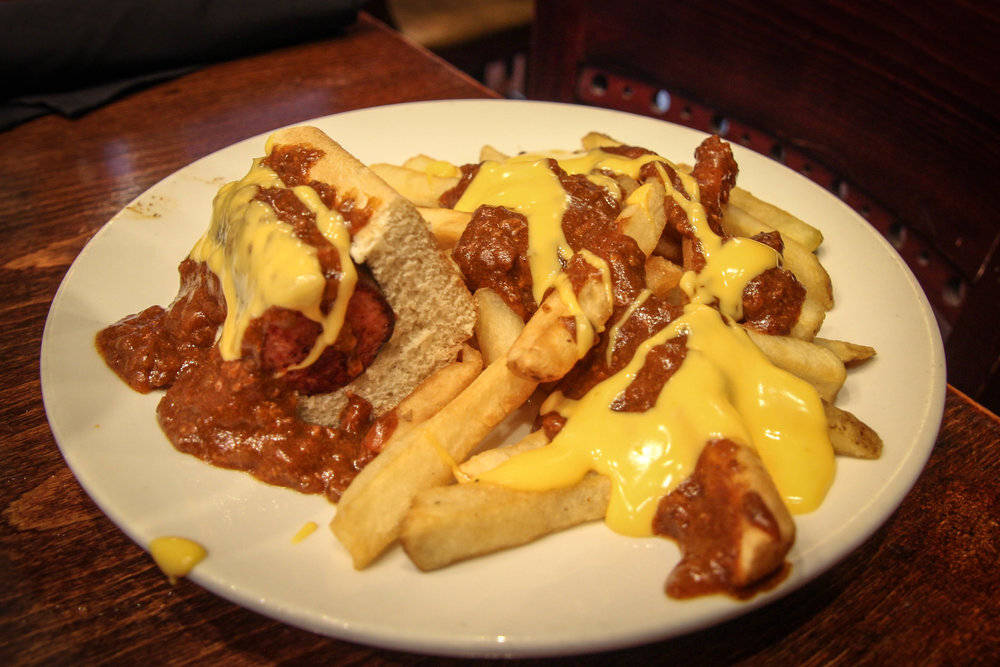Washington D.C. Food Tour on U Street
The citizens of D.C. have a complicated relationship with their country. Driving around the city you will see signs and license plates that, say "Taxation Without Representation", a takeoff of the slogan used in the 18th Century by American colonists who did not believe they were directly represented by the British parliament. Today, the residents of D.C. have no representation in the U.S. Senate, despite having a population of nearly 700,000 persons. This city, and the communities within it, struggle to make themselves heard at a national level, which looms large given the ethnic diversity of the city.
The U Street corridor in the Shaw neighborhood is a predominately black neighborhood, and in my opinion there is no better way to learn about the residents and the changes occurring within the neighborhood than by taking a Fork Tours Food Tour here. We started off the tour at Ben's Chili Bowl, a neighborhood staple since 1958. Everyone in the D.C. area has dined at Ben's at some point, including the Obama's. Ben's is know for their chili bowls (of course) as well as their half smokes, which are similar to a hot dog, but bigger, spicier, and smokier. This half-beef, half-pork sausage is then smothered in mustard, onions and- you guessed it- chili. The mural on the left depicts the original owners of Ben's Chili Bowl, Ben and Virginia Ali, who married just shortly after the restaurant's opening. Ben, a Trinidadian-born immigrant, studied at the famous, historically black, Howard University in D.C. Though Ben passed in 2009, Virginia still continues to own and operate this famous dining spot.
The most surprising stop on the tour was a place called Fast Gourmet. Easily mistaken for a corner-like convenience store on the outside, it is actually a Latin American restaurant that serves up its own variation of food specialties primarily from Argentina, Uruguay, and Colombia. Greeted by a gigantic U.S. flag , perhaps ironically, we sat down and tried the empanadas. Believed to have originated from Spain, empanadas are now a staple in Argentinean cuisine and one of the menu options here. The empanadas we sampled were stuffed with chicken (though usually they are with beef) and then deep fried until golden crispy.
For me, the biggest treat about visiting D.C. is all of the ridiculously tasty Ethiopian food. D.C. boasts the largest Ethiopian community outside of Africa, so there is no shortage is tasty and homey Ethiopian meals in D.C. and the surrounding areas. For those who have not experienced the wonders of injera, it is an ingenious food that also serves as a replacement for utensils. The porous, tangy bread is used to pick up food that is served on top of it. Injera is made with teff, a type of gluten-free grain grown and heavily consumed in Eastern Africa. It is soft and can be rolled and shaped in so many ways, making it the perfect eating utensil. Both meat and vegetarian dishes are very common in Ethiopian cuisine, but for the tour we did a vegetarian sampler. On their own or mixed together, all of these dishes are packed with flavor and textures. It is also fairly inexpensive and incredibly filling, which is also perfect for the budget traveler. I particularly love the collard green and various lentil dishes. Typically, the red lentil dish is much spicier than the mild yellow dish, which is one reason I prefer to mix them together and achieve a perfect balance of spice and flavor.
This statues is a memorial to the black soldiers who fought in the Civil War.
Gentrification has brought along with it boutique grocery markets such as Glen's Garden Market. This grocery store is a purveyor of gourmet and locally-sourced ingredients, with highlights from the Chesapeake Bay - though I did find some San Francisco specialties in there as well.
Kombucha on tap: tasting on the last stop of the tour.














